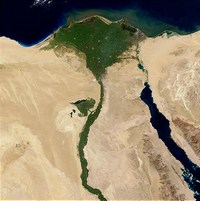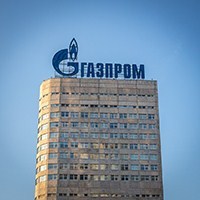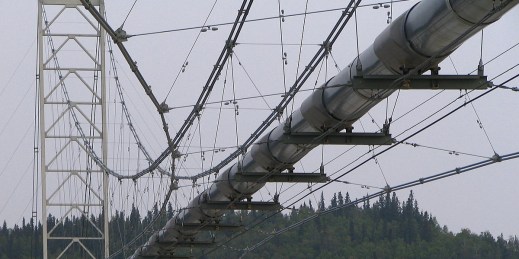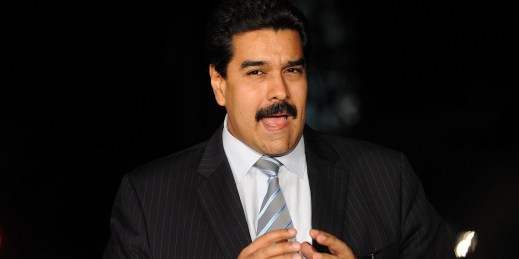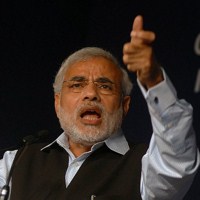
India’s new Prime Minister Narendra Modi has already scored his first diplomatic coup by receiving the heads of state of all the South Asian Association for Regional Cooperation (SAARC) countries, including Pakistani Prime Minister Nawaz Sharif, at his swearing-in ceremony Monday. Although Sharif took some time to accept the invitation, the fact that he finally came, in spite of reservations expressed in various quarters in Pakistan, shows that he is willing to stand up to the hard-liners in the Pakistani establishment in an effort to normalize relations with India. For his part, Modi may be better positioned than his predecessor […]


